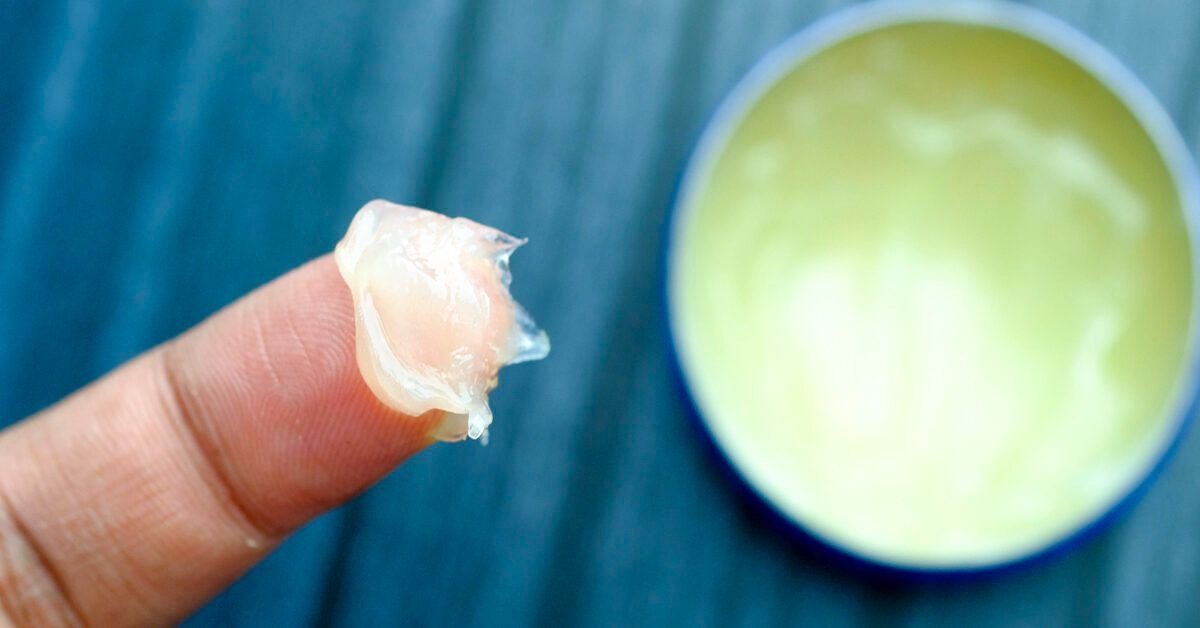Can Vaseline Be Used as Lube? What You Need to Know Before You Try
When it comes to personal care products, many people wonder whether everyday items like Vaseline can be used in alternative ways. One common question is can vaseline be used as lubricant.
While it might seem like an easy solution, there are a few important things to consider before using Vaseline as lube. In this blog post, we’ll discuss the pros and cons, as well as the risks involved.
What is Vaseline?
Vaseline is a brand name for petroleum jelly, a thick, greasy substance made from petroleum. It’s widely used to help heal dry skin, prevent chafing, and protect wounds. It works by forming a barrier on the skin, locking in moisture and promoting healing. But, as with many common household products, some people wonder if it can serve multiple purposes, including as a lubricant.
Vaseline as Lube: Can It Be Used?
Technically, yes, Vaseline can be used as a lubricant in certain situations. Its slippery texture allows it to reduce friction, which is the primary function of a lubricant. Some people may use Vaseline during sexual activity or as a personal lubricant in general.
However, there are a number of considerations that should make you think twice before using it.
Why You Should Think Twice
Not Safe for Condoms
If you are using condoms during sexual activity, Vaseline should never be used as a lubricant. Petroleum-based products like Vaseline can break down the material in condoms, especially latex. This can lead to the condom tearing or failing, significantly increasing the risk of pregnancy and sexually transmitted infections (STIs).
For this reason, always opt for water-based or silicone-based lubricants, which are specifically designed to be safe with condoms.
Can Cause Irritation
While Vaseline is safe for external skin use, it can cause irritation, especially in sensitive areas. It’s thick and doesn’t wash away easily, which can lead to clogged pores, skin irritation, or an increased risk of bacterial infections if used internally. If you’re looking for a lubricant to use during intimate moments, a product that is specifically designed for those areas is a safer and better choice.
Difficult to Clean
Another downside to using Vaseline is that it can be difficult to clean off. Because it is oil-based, it does not dissolve in water, meaning you may need a special cleanser or oil to remove it. This could lead to lingering residue on your skin or other areas, which might not only be uncomfortable but could also promote bacterial growth.
Not Designed for Sensitive Areas
Although Vaseline is great for moisturizing dry skin or healing minor cuts, it’s not designed for sensitive areas of the body. It doesn’t have the pH balance required for safe use in intimate areas, which could lead to an imbalance, making you more susceptible to infections such as yeast infections or urinary tract infections (UTIs).
Safe Alternatives to Vaseline
If you’re looking for a lubricant, there are plenty of options specifically designed for intimate use. Here are a few alternatives to consider:
Water-Based Lubricants
Water-based lubricants are the most common type of lube available. They are safe to use with condoms and easy to clean off. They also tend to be gentle on the skin and are usually less likely to cause irritation.
Silicone-Based Lubricants
Silicone-based lubricants are long-lasting and smooth, making them great for longer-lasting lubrication. They’re also safe to use with latex condoms and can be used in water, such as during showers or baths. However, they can be a little more difficult to clean than water-based lubes.
Oil-Based Lubricants (Non-Petroleum)
If you prefer oil-based lubricants, make sure to choose one that is specifically designed for intimate use. These lubes are great for those who want longer-lasting lubrication but without the risk of breaking down condoms. Options like coconut oil can be a good alternative, but always check compatibility with condoms before use.
Conclusion
While it might be tempting to use something like Vaseline as a quick fix for lubrication, there are too many potential risks involved. It’s important to use a product specifically designed for lubrication, especially if you are using condoms or have sensitive skin.
Water-based and silicone-based lubricants are safe, easy to clean, and designed to enhance comfort during intimate moments without the risks associated with petroleum jelly.
Before you use any product for a purpose it wasn’t designed for, make sure to understand the potential risks involved. When it comes to your health and safety, it’s always best to choose products made for the job.




